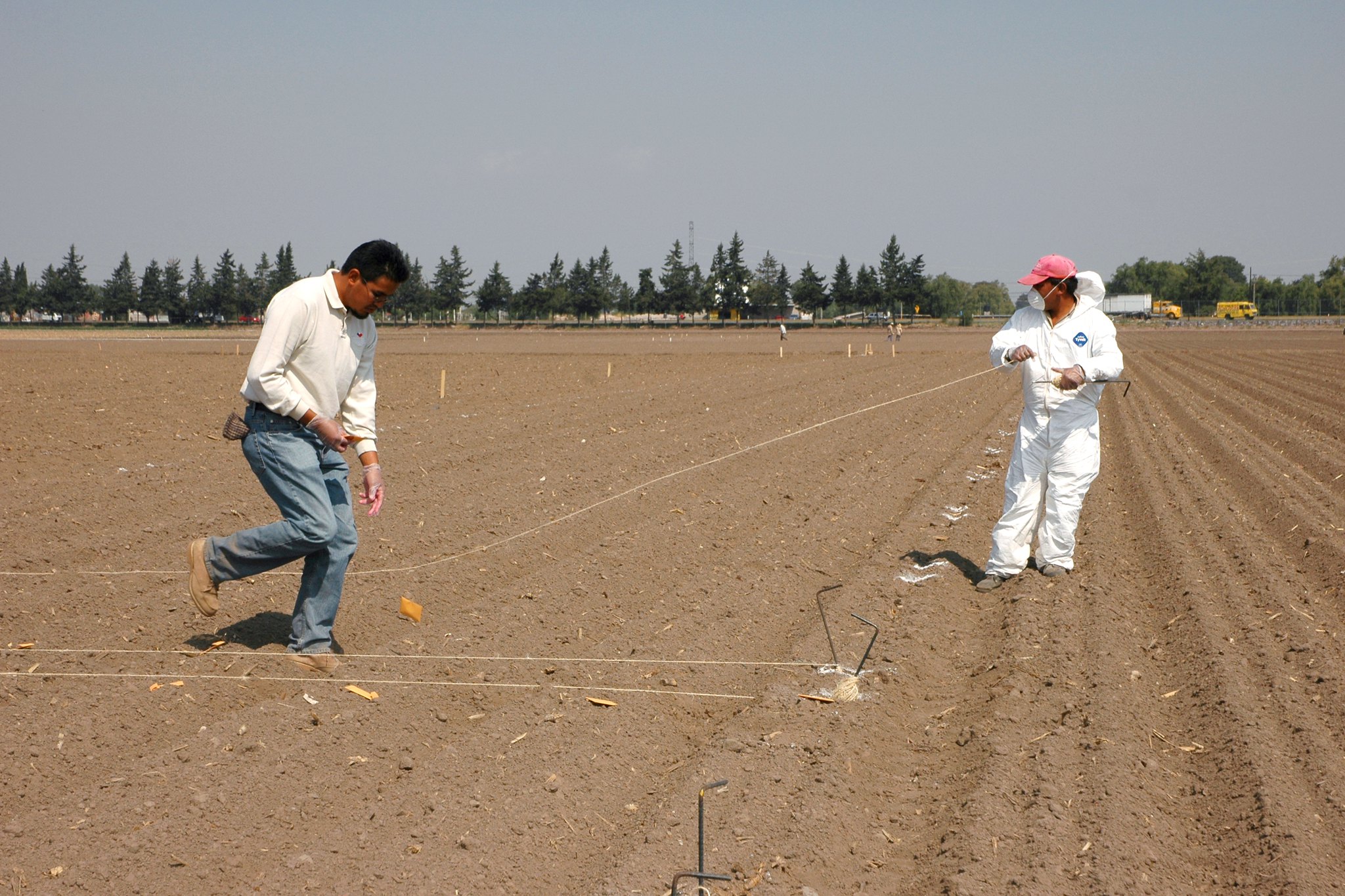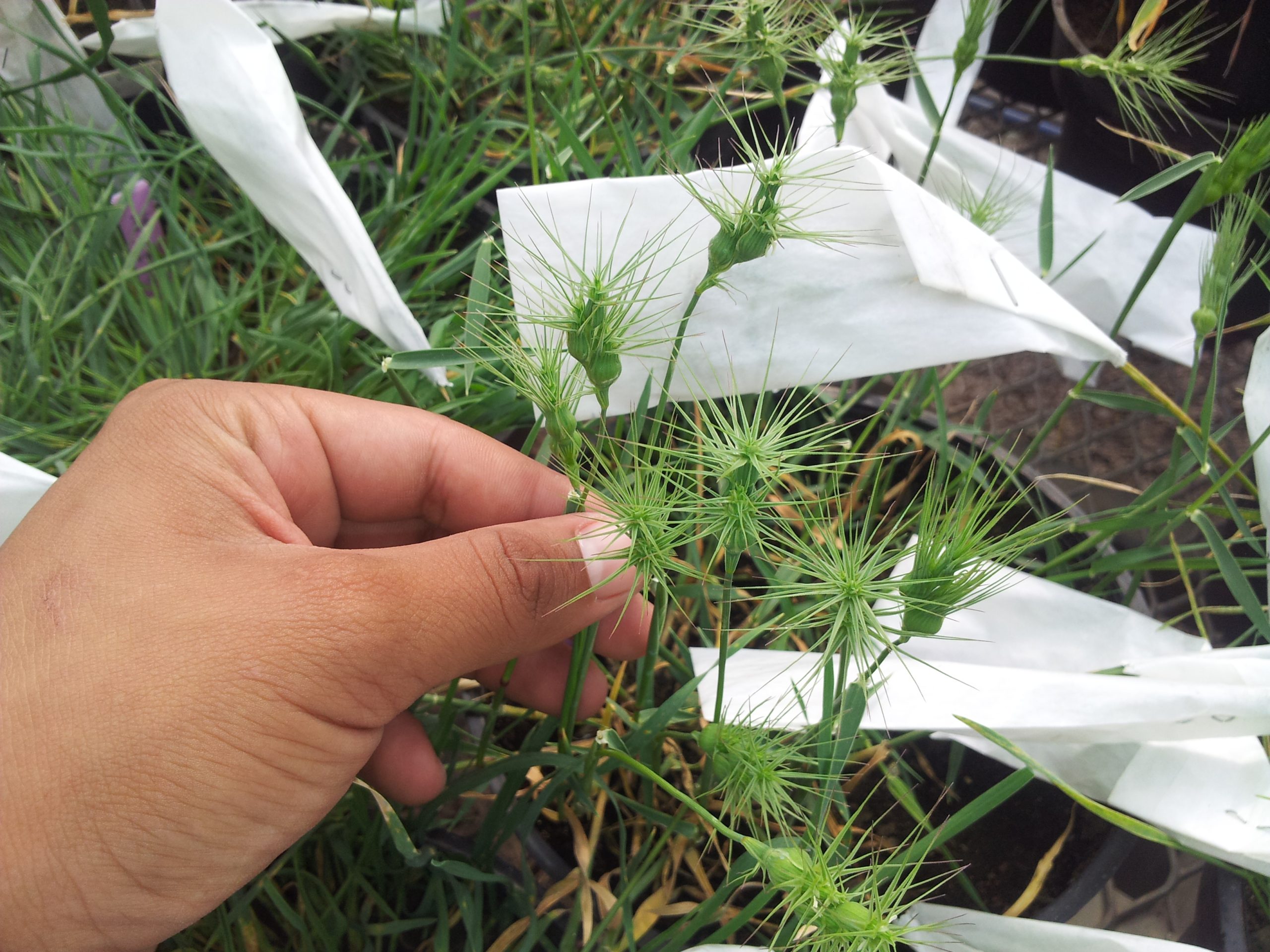Perth, Australia – September 24, 2024 – Esteemed Professor Matthew Reynolds, Head of Wheat Physiology at CIMMYT, will deliver a pivotal plenary at the International Wheat Congress, centering on enhancing abiotic stress tolerance in wheat through the integration of complex traits by combining cutting-edge artificial intelligence with genetic diversity. This significant session promises to contribute valuable insights towards addressing the pressing global challenge of food security.
Pioneering Research to Future-Proof Wheat
Crop yield depends on a myriad of traits that interact across various dimensions such as growth stage, plant architecture, and growing environment. Until now, the complexity of these interactions has impeded precision breeding for traits like abiotic stress tolerance, input use efficiency, and yield potential. However, recent advancements in AI, remote sensing, and gene sequencing are making more deterministic breeding feasible.
In his presentation, Professor Reynolds will introduce a series of wiring diagrams representing trait interactions over time for wheat. These diagrams, based on empirical data and crop models, will serve as a framework for AI-assisted simulations to explore different breeding strategies. This innovative approach enables the genetic control of complex traits, allowing for more resilient wheat varieties that can withstand environmental stresses.
Collaborative Efforts Driving Innovation
This initiative is a collaboration between CIMMYT, the University of Florida, University of Queensland, and Wageningen University. The goal is to leverage advanced technologies to combine complex genetic traits in wheat, improving its tolerance to drought, heat, and poor soil conditions. This research holds significant promise for farmers worldwide, ensuring stable yields even under challenging growing conditions.
Impact and Benefits
- Global Food Security: By developing high-yielding, climate-resilient wheat varieties, this research contributes to global food security, particularly benefiting farmers in South Asia and Africa.
- Environmental Sustainability: Innovative research in Biological Nitrification Inhibition (BNI) addresses nitrogen pollution and enhances nitrogen use efficiency in wheat, contributing to environmental sustainability.
- Disease Resistance: Advanced breeding techniques are being employed to develop wheat varieties resistant to devastating diseases like wheat rust, protecting yields and ensuring food security.
“By combining cutting-edge AI and genetic diversity, we are future-proofing wheat to thrive in challenging environments,” said Professor Matthew Reynolds.
The session will take place during Plenary Session 4 on Tuesday, September 24, 2024, from 8:30 am to 8:50 am at the Perth Convention and Exhibition Centre.
About CIMMYT
CIMMYT is a cutting-edge, non-profit, international organization dedicated to solving tomorrow’s problems today. By fostering improved production systems for maize, wheat, and other cereals through applied agricultural science, CIMMYT enhances the livelihoods and resilience of millions of resource-poor farmers while working towards a productive, inclusive, and resilient agrifood system within planetary boundaries.
Contact Information
For more information or interviews:
Jelle Boone
Interim Head of Communications, CIMMYT
Email: j.boone@cgiar.org
Mobile/WhatsApp: +52 595 1247241
Samuel Stacey
Managing Director, Cultivate Communications
Email: samuel@cultivatecomms.com
Mobile/WhatsApp: +61 476 032 852

 Environmental health and biodiversity
Environmental health and biodiversity 
